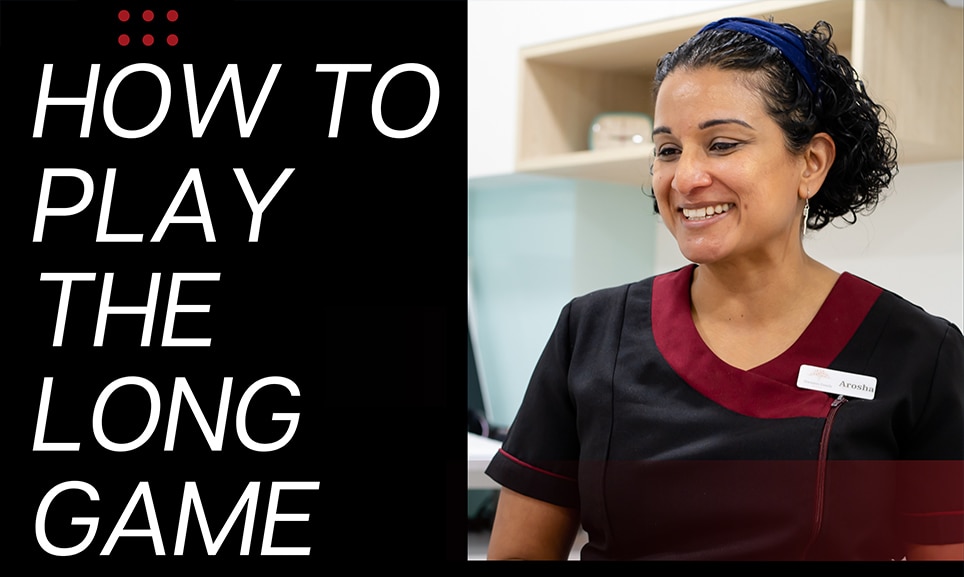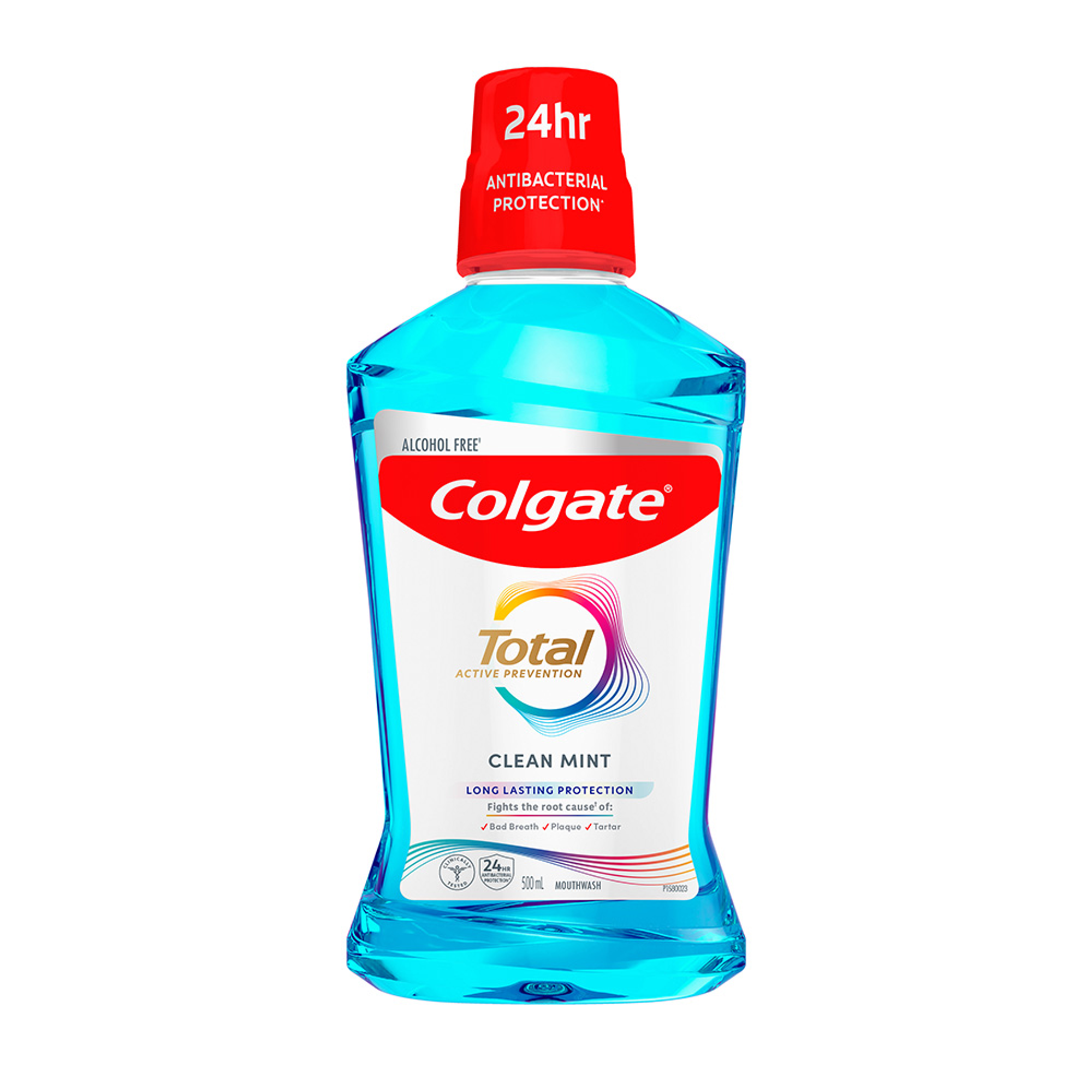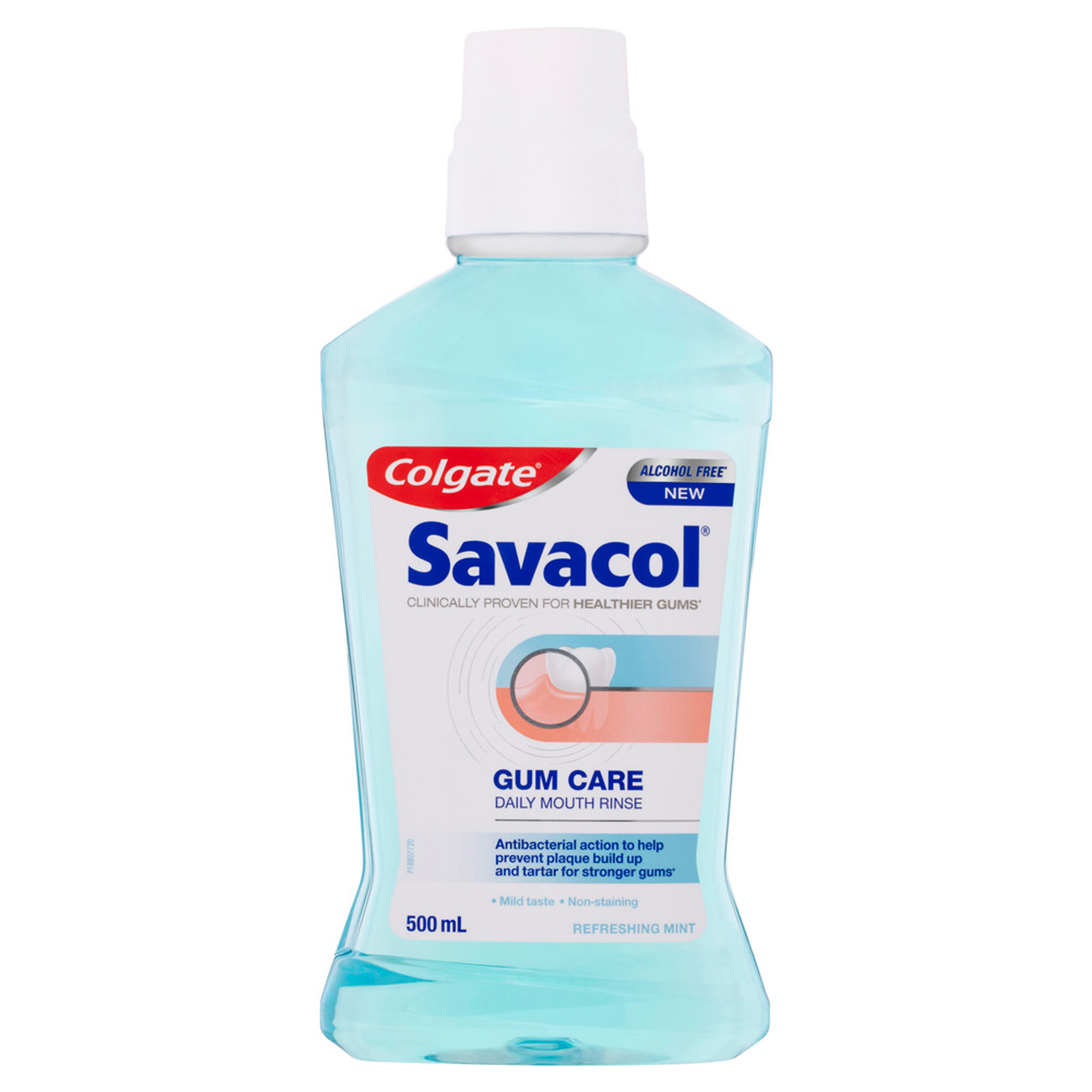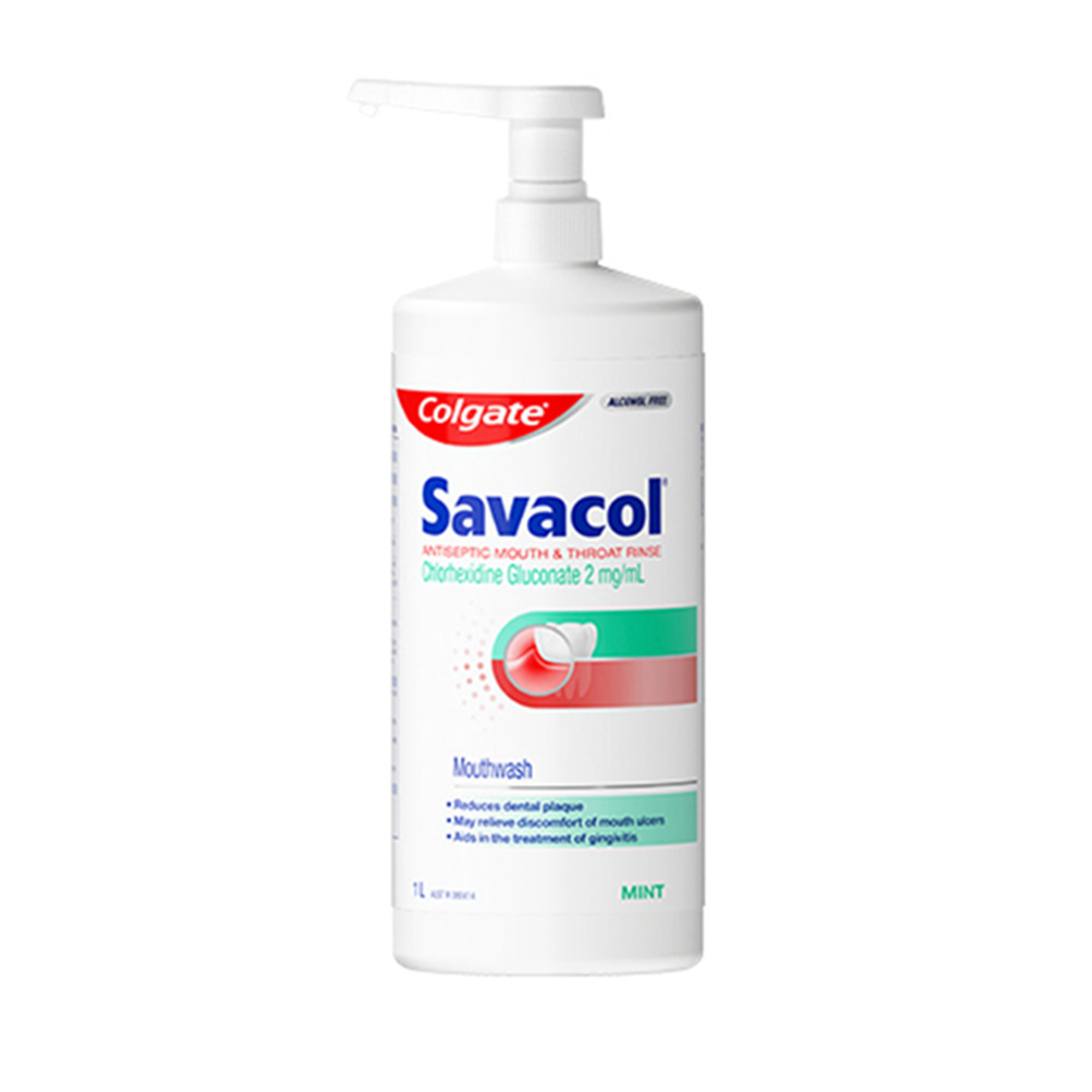
What’s worse than re-doing your work on a patient? Re-doing a colleague’s work… for free. ‘Warranty work’, this is something we all begrudgingly accept as part of our professional responsibility. And according to social posts, even more so if you are new to practice ownership. When I bought my dental practice, I readied myself for a tsunami of replacements or repairs.
But thankfully, I was wrong. Instead of a lemon, I inherited a legacy.
My predecessor had cared for her patients for nearly thirty years. Her patients, many now in their 80s and 90s were proud, had kept most of their teeth, and maintained her rehabilitating composites and crowns.
I spent many months learning her philosophy and procedures, and here are five key lessons I learned that could help create a lasting legacy for you, your patients and colleagues.
1. She advocated for and supported self-efficacy and improvement.
Your work is only as good as the person who takes care of it. Our patients are full of habits and idiosyncrasies nurtured over many years that we magically ‘reverse’ in a relatively short time. Without informed behavioural changes and monitoring through regular check-ups, our patients continue to encounter the same issues despite our best efforts1. All it takes is a 50 micron gap at the restorative margin (less than the width of a human hair) to increase the risk of caries;2 between you and me, that’s not much. Often, there is a common misconception that once people get their teeth ‘fixed’ they can forget about us, and yet people readily service their new cars more than their teeth. Teach your patients the importance of regular recalls and maintenance.
2. It’s the little things that matter the most.
Perio and caries still remain the top causes of tooth loss.3 It seems so simple, but fluoride-containing toothpastes and personalising interdental cleaning are the things that make the biggest differences. A perio probe will pick-up a random pocket, or chronic periodontal disease, plaque disclosing solution can be a colourful enlightening way to educate your patients about where they need to focus more. Basic oral hygiene instruction that is tailored to your patient and delivered in a non-judgemental way by you, or your Oral Health Therapist or hygienist helps patients integrate these practices into their busy, and often complex lives.4
3. She was discerning about the materials she used and her approach to patient management.
Know your materials and where they can be best used to get the most for you and your patients. Perhaps consider the fluoride releasing glass-ionomer to restore cervical lesions, invest in an adhesive system to optimise your ceramic work.5 Can you repair a restoration to minimise tooth loss, rather than replacing it entirely to improve longevity?2,6 When you crown a heavily restored tooth, do you select the crown material based on the location in the mouth or esthetic needs? 2 What if the crowned tooth needs a root canal in the future? Would your crown withstand an endo access preparation, or have you potentially relegated your patients to a new crown should they require root canal in the future? People appreciate the thought you put into your work, particularly if you explain the reasoning behind the choices you give them.
4. She read the instructions and used a timer for everything
Some of us may not get a choice in the materials we get to use, but we do have the ability to read the instructions and follow the manufacturers’ protocols. As practitioners, the materials we choose, the techniques we use and the substrates we work with have a significant impact on the longevity of our work.7 We have a timer in the surgery, and my nurses know how long each material takes to set. How long does your glass ionomer take to set? What kind of curing light is suitable for your composite materials?
5. She surrounded herself with good people.
Your patients will develop a relationship with everyone in your practice, and this will foster loyalty.8 Everyone is important and patients notice. 8 Coming to the dentist is a difficult experience for many, if your staff are happy, engaged and welcoming, it makes the experience acceptable, and reflects on you as a leader.
While you may be a legendary learner, it’s also good to acknowledge your strengths, but refer patients to other practitioners that may be better equipped at helping your patients.
In short, how can you become a legendary dental practitioner who plays the long game? Empower and educate your patients to maintain the beautiful work you create, pay attention to patient home care, read and follow product instructions to optimise your outcomes and finally, surround yourself with good people both in your practice, but also those you can refer to for cases that don’t fit your expertise or interests. Here's to a long and fulfilling career in dentistry that leaves a lasting legacy for our patients, our colleagues (and less need for warranty work).
Hickel R, Mesinger S, Opdam N, Loomans B, Frankenberger R, Cadenaro M, et al. Revised FDI criteria for evaluating direct and indirect dental restorations—recommendations for its clinical use, interpretation, and reporting. Clinical Oral Investigations 2023;27(6):2573-92.
Peres MA, Macpherson LM, Weyant RJ, Daly B, Venturelli R, Mathur MR, et al. Oral diseases: a global public health challenge. The Lancet 2019;394(10194):249-60.
Wong G, Irving M. The changing face of dental practice: emerging models of team care in Australia. British Dental Journal 2020;228(10):767-72.
Blatz MB, Vonderheide M, Conejo J. The Effect of Resin Bonding on Long-Term Success of High-Strength Ceramics. Journal of Dental Research 2018;97(2):132-9.
Kanzow P, Wiegand A. Retrospective analysis on the repair vs. replacement of composite restorations. Dental Materials 2020;36(1):108-18.
Weerakoon AT, Cooper C, Sokolowski KA, Meyers IA, Thomson D, Ford PJ, et al. Effect of dentine site on resin and cement adaptation tested using X‐ray and electron microscopy to evaluate bond durability and adhesive interfaces. European Journal of Oral Sciences 2022;130(5):e12890.
Klaassen H, Dukes K, Marchini L. Patient satisfaction with dental treatment at a university dental clinic: A qualitative analysis. Journal of dental education 2021;85(3):311-21.
Dr Arosha Weerakoon is the owner of Tewantin Family Dental. She is also a lecturer (hon) with a Master’s in Public Health and a PhD from the School of Dentistry, University of Queensland. Arosha’s PhD thesis is titled, ‘Dentine, Adhesive Interfaces & Physiological Ageing’. She is a Fellow of the Royal Australasian College of Dental Surgeons, the International College of Dentists and the Pierre Fouchard Academy. Arosha is the Assistant Secretary for the International Dental Ethics and Law Society and a member of the Clinical Council for Country to Coast, Queensland. In recognition of her commitment to professional learning and development, Arosha was awarded the 2022 BOQ Specialist Practice Bursary for Dental Excellence from the Australian Dental Association (QLD). In 2019, Arosha was awarded the Brisbane Lord Mayor’s Convention Trailblazer Grant. In the same year, Arosha won the top prize, The Vice Chancellor’s Award, for her research pitch titled, ‘It’s about bonding with fillings’ hosted by Universities Australia. As part of her prize, Arosha completed an internship at The Conversation Media Group Headquarters in Melbourne. To date, she has published eight articles promoting oral health with The Conversation Media Group. Arosha believes that community engagement, interdisciplinary collaboration and patient empowerment is the key to improving oral and general health for all. She hopes to use her role as a Colgate Advocate for Oral Health to create meaningful discussions with oral and general health professionals to improve health practices, patient outcomes and to encourage more clinicians to engage with research.
Dr Arosha Weerakoon Social Channels:
Join us
Get resources, products and helpful information to give your patients a healthier future.
Join us
Get resources, products and helpful information to give your patients a healthier future.











